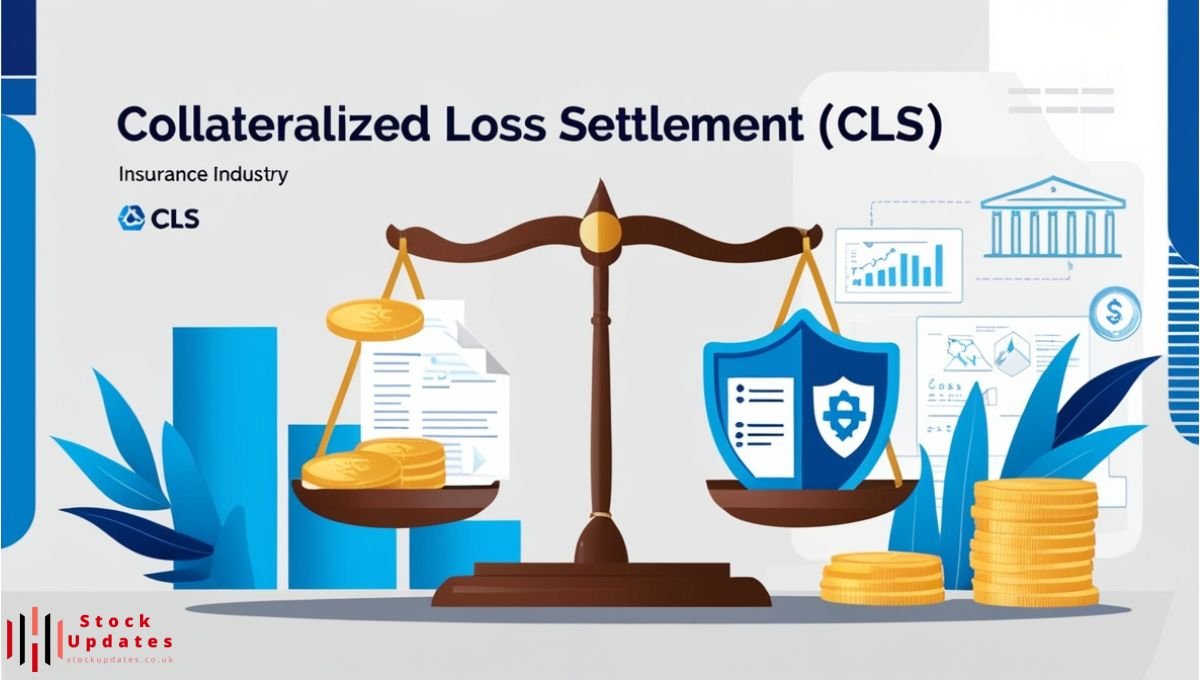Civil Dispute Suing Home Insurance
Civil Dispute Suing Home Insurance refers to a financial product which aims at offering coverage for homeowners in circumstances like acts of god, vandalism, theft or accidental occurrence. However, when insurance companies do not accept valid claims or act material ally in bad faith, a policyholder may well be subject to civil litigation. In some cases, you may find yourself in a position where you need to sue your home insurance provider – or maybe this risky strategy still appears to be necessary in some situations.
When to Sue Your Home Insurance Provider
Common scenarios where suing a home insurance provider becomes necessary include:
1. Claim Denial without Justification
The insurance company denies a valid claim without providing a reasonable explanation.
2. Undervalued Claims
The insurer offers a payout significantly lower than the cost of damages.
3. Delays in Claim Processing
Processing and handling of claims and undue time taken in finalization leading into monetary hardships.
4. Bad Faith Practices
The insurer arrives at a collection of dishonest intentions by indulging in customer deception, failure in presenting policy information.
5. Breach of Contract
The insurance provider does not observe the provisions of the policy contract in the provision of the insurance policy.
Things to do before entering into litigation

1. Review Your Policy
Take your time to read through the Civil Dispute Suing Home Insurance policy you have to make sure of what is covered, what is not, and under what circumstances.
2. Document Evidence
Gather all necessary documentation, including:
- Photographs of the damage
- Repair estimates
- Correspondence with the insurance company
- Copies of your policy and claim submission
3. Communicate with Your Insurer
Try to talk with the opposite side and solve the problem. Often misunderstandings that seem to result in major conflicts can be resolved without having to involve the law.
4. Hire a Public Adjuster
It would also be wise to consult a public adjuster objectively and evaluate your claim. Their expertise will put more muscle into your case and help in the negotiations with the insurance company.
5. Consult an Attorney
They can tell you whether your case can be of any merit and usually explain the court process to a certain extent.
The process of filing a claim against your Home Insurance Carrier
1. File a Complaint
The best legal advisor will assist in the drafting and filing of a complaint to the right court. In the complaint, you state the facts of your case, your accusations, and remedy to be granted.
2. Serve the Insurer
The insurance company must be informed of the Civil Dispute Suing Home Insurance lawsuit through what is called ‘service of process.’
3. Discovery Phase
Both parties submit facts and documents that are applicable on the case. This phase may include taking of deposition, production of document and interrogatories.
4. Negotiations and Mediation
Most insurance cases are settled out of court either through negotiations or through mediation to prevent getting to trial.
5. Trial and Judgment
In this phase the two parties answer, defend and support their cases and or evidence as provided for in the common law practice.
Common Causes of Civil Disputes with Home Insurance Providers
The table below summarizes typical causes of disputes and their potential outcomes:
| Cause of Dispute | Description | Potential Outcome |
| Claim Denial | Insurer refuses to pay for a covered loss | Court may order the insurer to pay the claim |
| Undervalued Claim | Insurer offers insufficient compensation | Reassessment of damages; additional payout |
| Delayed Claim Processing | Unreasonable delays in resolving claims | Penalties or interest awarded to the policyholder |
| Bad Faith Practices | Dishonest or unfair handling of the claim | Compensation for damages; punitive damages |
| Breach of Contract | Failure to honor policy terms | Enforcement of contract terms; monetary compensation |
Difficulties and Complication in Suing Insurance Firm
1. Legal Costs
The lawsuits can at times prove to be costly. Such costs as attorney fees, cost of the court and other experts’ fees may run into big figures.
2. Burden of Proof
In this case, the plaintiff is at the center of proving that the Civil Dispute Suing Home Insurance insurer acted inappropriately.
3. Time Commitment
Legal cases are long-standing and it can take anything from months to years to conclude a case.
4. Insurance Company reputation and Insurance Company resources
Insurance companies may be well endowed and possess a strong legal team which poses a big challenge to those individual policy holders wanting to sue the insurance company.
Tips for Success in Civil Disputes

1. Act Promptly
Ensure to file your lawsuit in within the set statute of limitations to ensure you do not lose your right to sue.
2. Work with Experts
If you are seeking for the professional legal help, then hire experienced attorneys, adjusters as well as contractors can also improve your representations.
2. Maintain Communication Records
Keep detailed records of all interactions with the insurance company.
4. Understand Your Policy
Knowledge of your policy terms is essential for making informed decisions.
5. Be Prepared for Negotiation
Many disputes are resolved outside of court. In negotiations, come with a plan, that is, a goal, and data.
Conclusion
The knowledge of your rights, evidence and the attorney will assist you in tilting the probability in your favor. Bear in mind that the major essential elements include preparation, determination and adequate knowledge of incumbent rights as the Civil Dispute Suing Home Insurance policyholder.
Read more about Insurance and other categories At Stock Updates.
























Post Comment